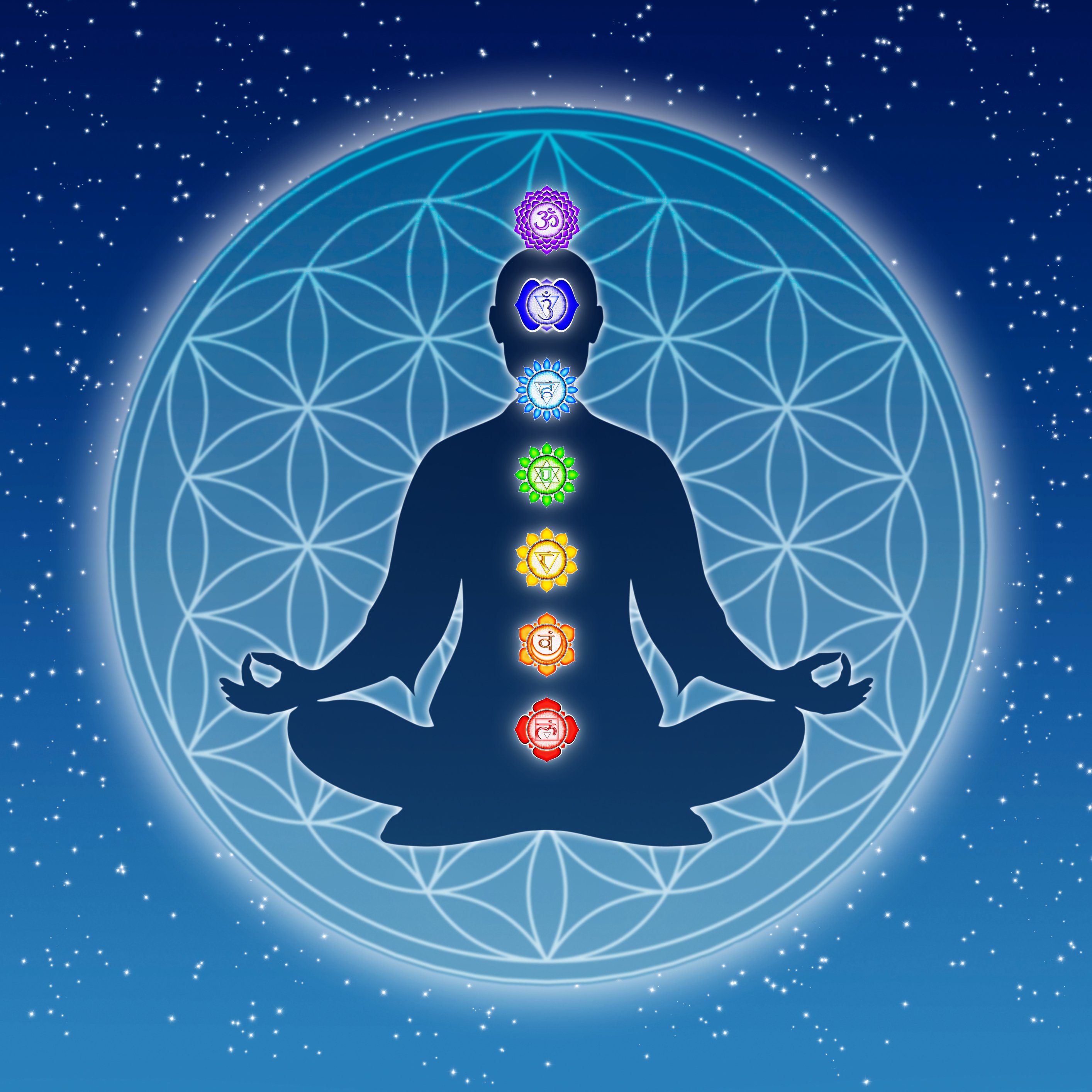This article is based on an interview I conducted with crypto luminary Jeremy Gardener about his energy levels and how he possesses so much gusto. The following is what Jeremy had to say about managing his energy:
Rarely a day goes by without someone asking me how I have so much energy. Between regularly flying around the world, building companies, logging hundred-hour work weeks, and a strong inclination towards partying, it’s not unreasonable to assume that I should be exhausted.
But I’m not. To a certain extent, I’ve learned to properly harness my hyperactive disposition. Yet, more importantly, I believe the heuristics I’ve developed for managing my energy are far more vital, and I believe they are replicable.
It’s necessary for me to note, that as an individual with a great respect for the sciences, I’ve been quite reticent about making this post, as there is no academic literature to substantiate what I am about to set forward. Nevertheless, I have found that using this perspective with regard to one’s energy has been helpful for myself and those I’ve shared it with.
You see, when we think about our energy, we typically think about how tired or alert we are. This is reasonable, as this is a very discernible type of energy that we have as individuals. If we are tired, we know that we need either rest or stimulus. If we are feeling peppy, we assume that means we have “energy.”
However, it’s broadly accepted that our energy transcends the physical: there is intellectual energy, emotional energy, and sexual energy as well. This is where my theory comes in. What if we have varying individual bandwidths for these different forms of energy? It’s obvious that while I may have more physical or intellectual energy than one of my friends, I similarly may have less sexual or emotional energy than that same individual.
Clearly, physiological factors like homeostasis, metabolism, testosterone, serotonin, dopamine, estrogen, and health all come into play (I’m sure doing a disservice to human biology here, but I failed that class in high school.)
But what if we measured our energy in separately?
Instead of believing that an individual has low energy, instead identify where they have low energy among these four categories (physical, intellectual, emotional, sexual) and optimize their behavior towards where their energetic bandwidth is highest, and have them exercise areas where it is lowest?
This is the breakthrough realization I had several years ago. I realized that while my physical energy was fairly high, my intellectual and sexual energy were only moderate, and my emotional energy was particularly low. I realized I could physically exert myself for days on end with hardly any sleep, but improperly managed emotional stress could drain me immeasurably and in little time. I also began to notice that if I depleted one form of energy, it would take a toll on the other forms. However, if I stepped away from an emotionally draining situation with physical exercise, an unrelated intellectual debate, or sex, when I came back to the cause of emotional drainage, I was better equipped to handle it.
I began to look at these four types of energy like battery levels on a phone. I knew that some energy had more bars than others, and that letting one battery type be depleted completely would drain my other battery levels more quickly. However, by exerting myself in other ways, it served as a way to recharge my depleted area of energy.
From a self-improvement and self-awareness perspective this outlook on my energy has done wonders. Too often people get drained by one form of energy, through work, labor, stress, and then allow their output across all forms of energy to collapse. What I propose instead is that when someone feels physically drained, have them read a good book or watch a show they enjoy. When they’re intellectually burnt out, have them go talk about how they’re feeling or have sex.
Reallocate and recharge.
A few notes: This set of heuristics for approaching our energy requires a certain level of mindfulness and self-awareness. If you’re not cognizant of what is draining your energy, it can be very difficult to properly allocate it. Furthermore, eating well and getting the amount of sleep you need is vital for this to work. I will mention, however, that managing my energy as I set forth allows me to miss more sleep than I was able to previously (though I always try to catch up on it when I can.)
If you find this thought experiment and perspective even slightly compelling, humor me and try this exercise for a week:
—Visualize your energy in four separate battery bars: physical, sexual, intellectual, and emotional.
—Think about which bars typically get depleted the fastest, and DON’T LET IT HAPPEN.
—Develop a “Low Power Mode” for your different types of energy, and when it’s turned on, redirect your energy elsewhere so the drained battery can recharge. Reallocate and recharge.
I would love any feedback from anyone who tries this exercise! It’s been life-changing for me and I hope you find it helpful!I
—JG


